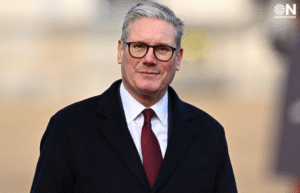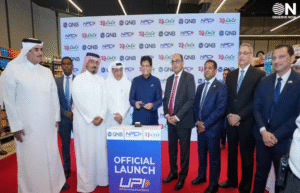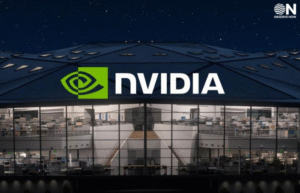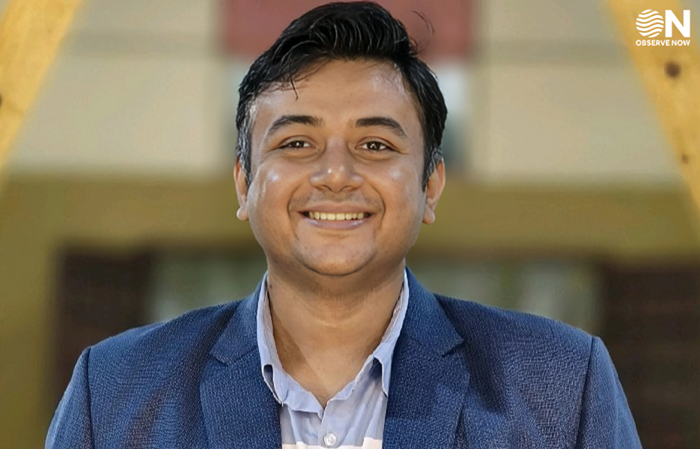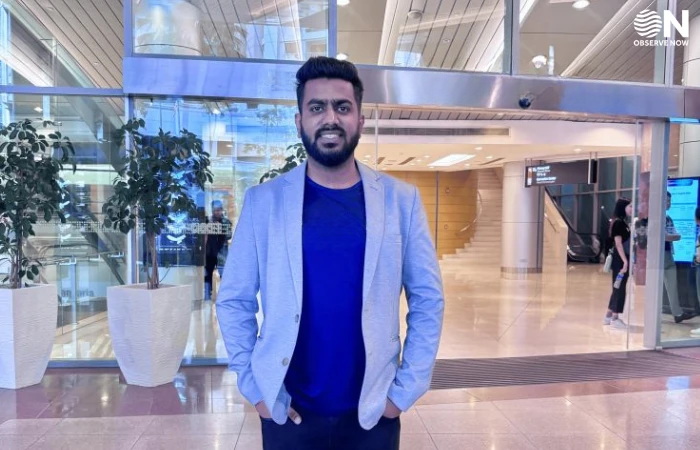Sam Altman Reveals Meta Offered $100 Million Signing Bonuses to Lure OpenAI Talent

OpenAI CEO Sam Altman has revealed that Meta lobbed staggering signing bonuses, up to $100 million to recruit top talent from OpenAI, underscoring the escalating competition in the artificial intelligence space. The disclosures came during his appearance on the Uncapped with Jack Altman podcast on June 17, 2025, where he discussed the aggressive talent acquisition strategies being used by rival tech giants.
Altman emphasized that despite these eye-popping offers, none of OpenAI’s key employees have left. “At least, so far, none of our best people have decided to take them up on that,” he stated, highlighting the strength of loyalty and conviction within his organization. He also reflected on the implications of such compensation-heavy recruitment tactics, suggesting they may undermine a company’s internal culture and commitment to mission-driven work .
The AI talent war has become increasingly intense, with companies treating elite researchers like professional athletes. Altman noted that “superstar researchers are being courted like professional athletes,” and that Meta views OpenAI as a principal rival in the race to develop advanced AI systems.
Meta has also made bold strategic moves, including its $14.3 billion investment in Scale AI and the recruitment of its CEO, Alexander Wang, to head Meta’s new “superintelligence” division. The company reportedly extended seven- to nine-figure compensation packages to several researchers, although it has remained silent on the hiring totals.
Industry observers note that this talent poaching trend reflects an urgent scramble among major tech players—Meta, Google, Microsoft, and OpenAI—to secure a limited pool of elite AI researchers, often valued at $800,000 or more in annual compensation. Some argue access to high-performance computing resources, such as Nvidia’s H100 GPUs, is now as crucial as salary in luring top-tier technologists.
Despite the financial allure, OpenAI’s resilience in retaining its staff suggests a deeper cultural commitment to its mission of achieving artificial general intelligence. Altman remarked that employees believe OpenAI “has a much better shot at delivering on superintelligence,” which he views as essential in retaining high-caliber talent.
As the AI talent wars escalate, the question remains: will compensation alone be enough to shift allegiances? Or are mission-driven goals and long-term vision proving the more potent magnets? For now, Altman’s confident stance and the loyalty of OpenAI’s talent indicate a hard-fought equilibrium but the arms race for AI intellect shows no signs of slowing.




